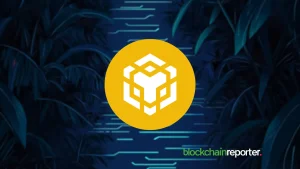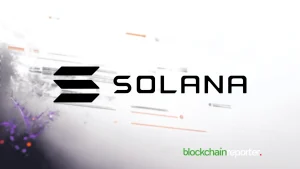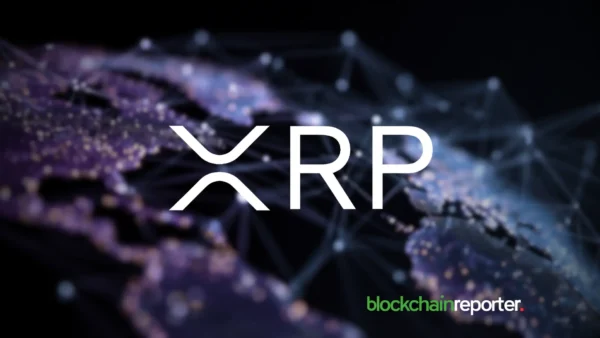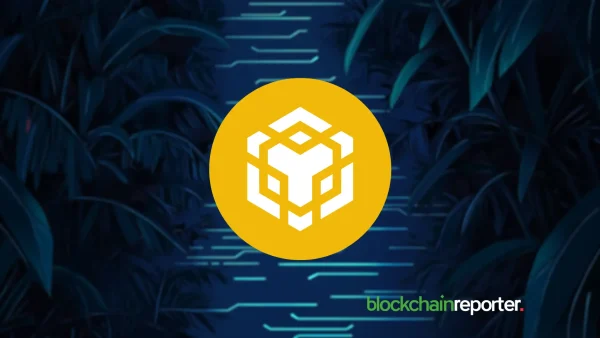
- While most utility tokens have limited use, their place in the industry is secure
- ICOs haves provided a critical service to the crypto industry to lessen the many key challenges in the utilization of utility tokens
- Utility tokens can help dis-intermediate tech titans such as Google and Facebook
The utility tokens that we have today are imperfect solutions to one of the crypto sphere’s most critical problems which is defining use case. Besides providing an important service to the crypto industry, they also raised expectations of what this technology can attain as well as the ways that it can influence people’s lives on a regular basis. However, utility tokens still face serious issues.
Lack of originality
Many cryptocurrencies these days are just copycats and they lack a team that is capable of fulfilling the promises they laid out when fundraising. In fact, there was a review last year of documents that were produced for 1,450 coin offerings. Here, the Wall Street Journal found 271 offerings with red flags that have plagiarized investor documents, questionable executive teams, and promises of guaranteed returns.
Regulatory uncertainty
While many try to make a definitive taxonomy of the crypto assets and make utility tokens different from currencies and security tokens, it still receives many questions about the underlying economics of utility tokens. Regulation is not only spotty and immature, it also differs across the world.
Cryptocurrencies have also done damage to many investors, turning off investors and potential users who bought into the market in 2017 during the hype cycle. As a result, ny sold at losses of between 50-95%.
Despite all of these challenges, the development in ICOs has provided a critical service to the crypto industry as well as the broader digital economy. ICOs raised collective potentials of what these cryptocurrencies can do and different ways that it can influence people’s lives. It has caused a mental shift which is a great accomplishment considering the fact that users from different parts of the globe have been looking to dis-intermediate the technological titans like Uber, Google, and Facebook.
Utility tokens may not be perfect. However, many think that this should not invalidate the potential of the technology. They hope that these tokens can be turned into a more technologically mature and differentiated platform tokens that can help solve real-world problems.









